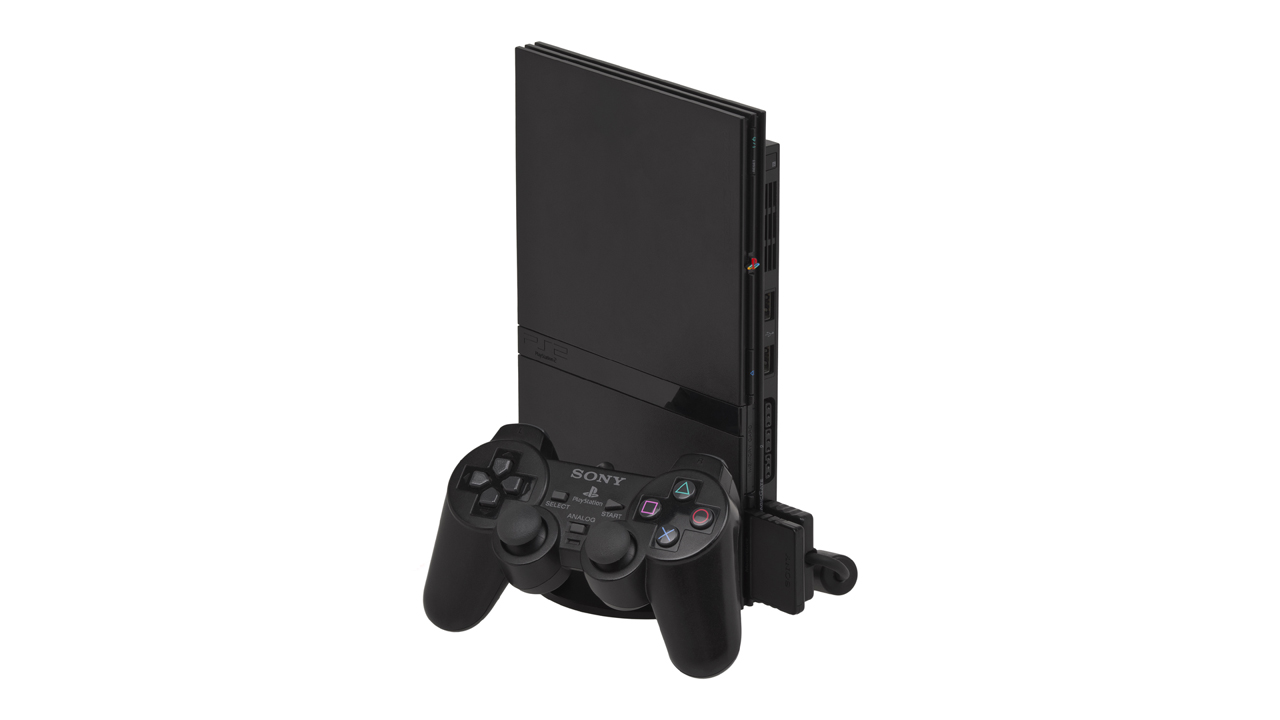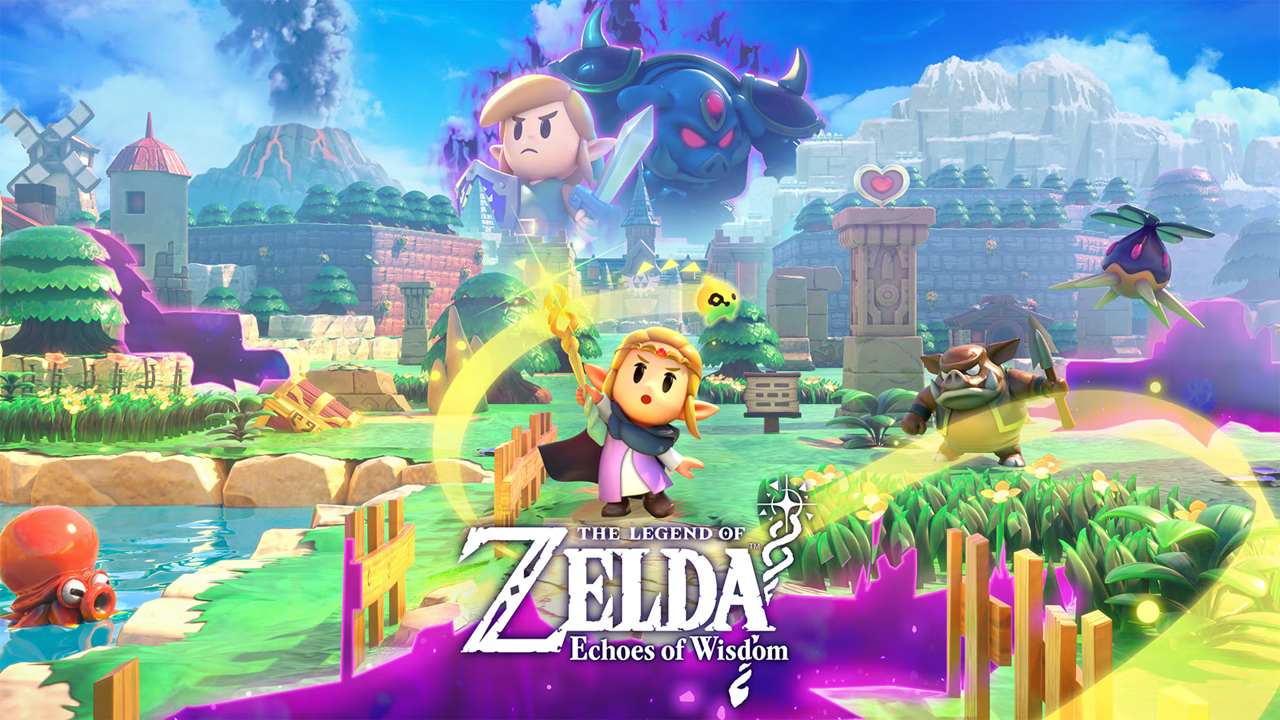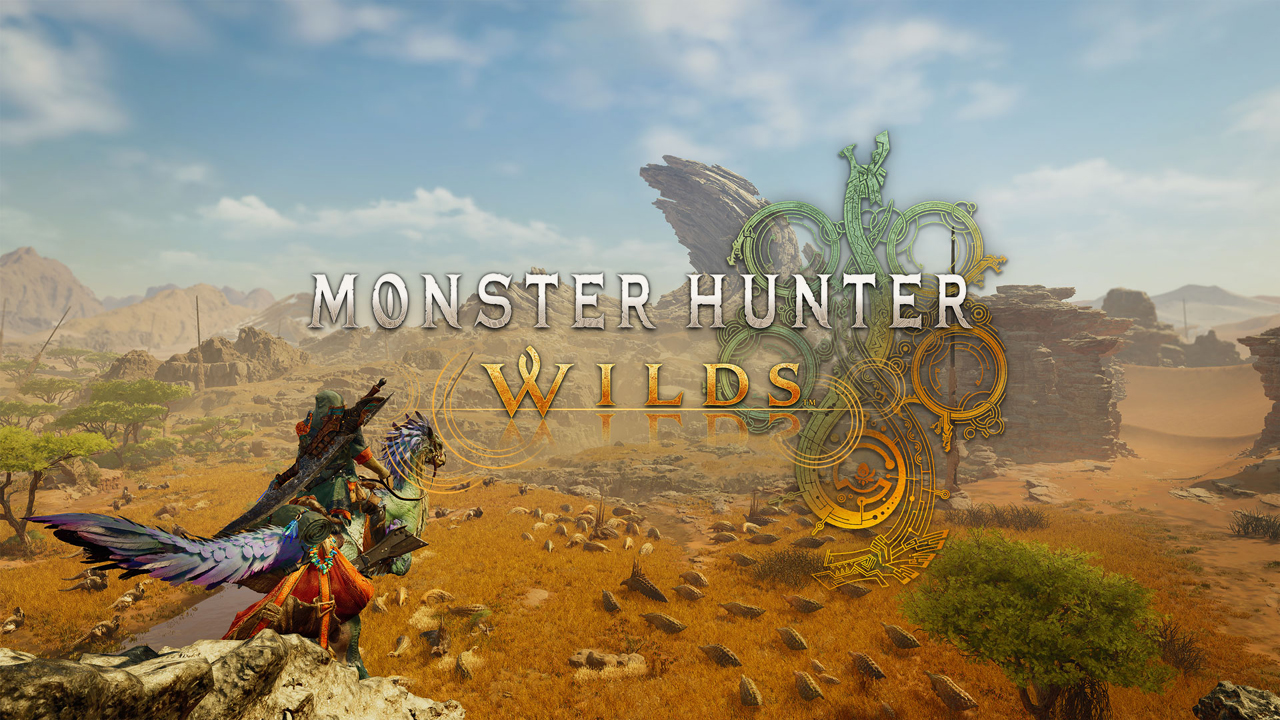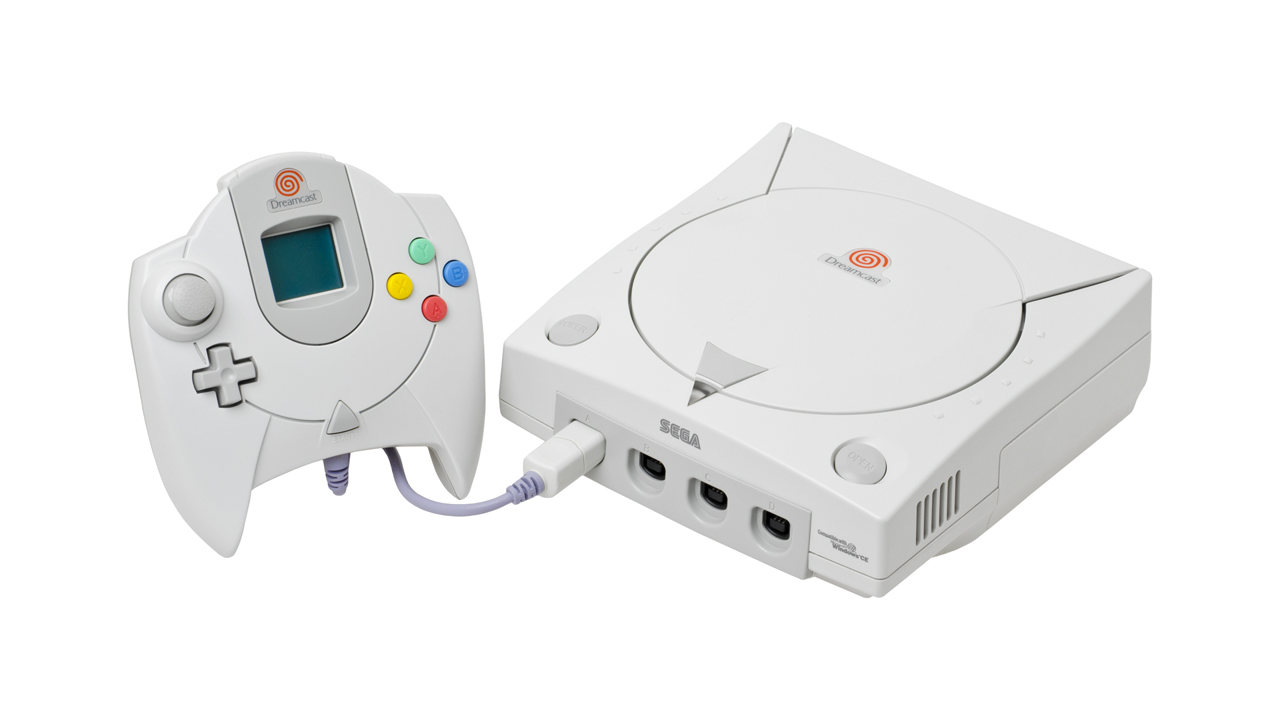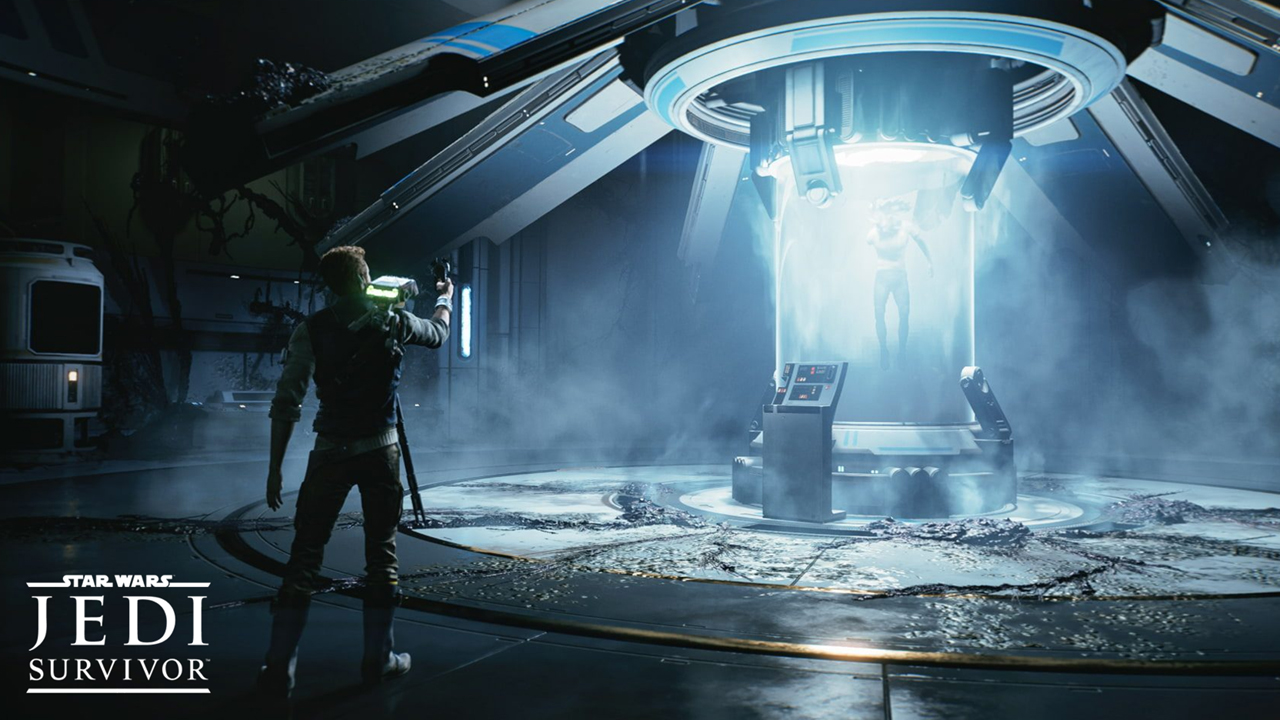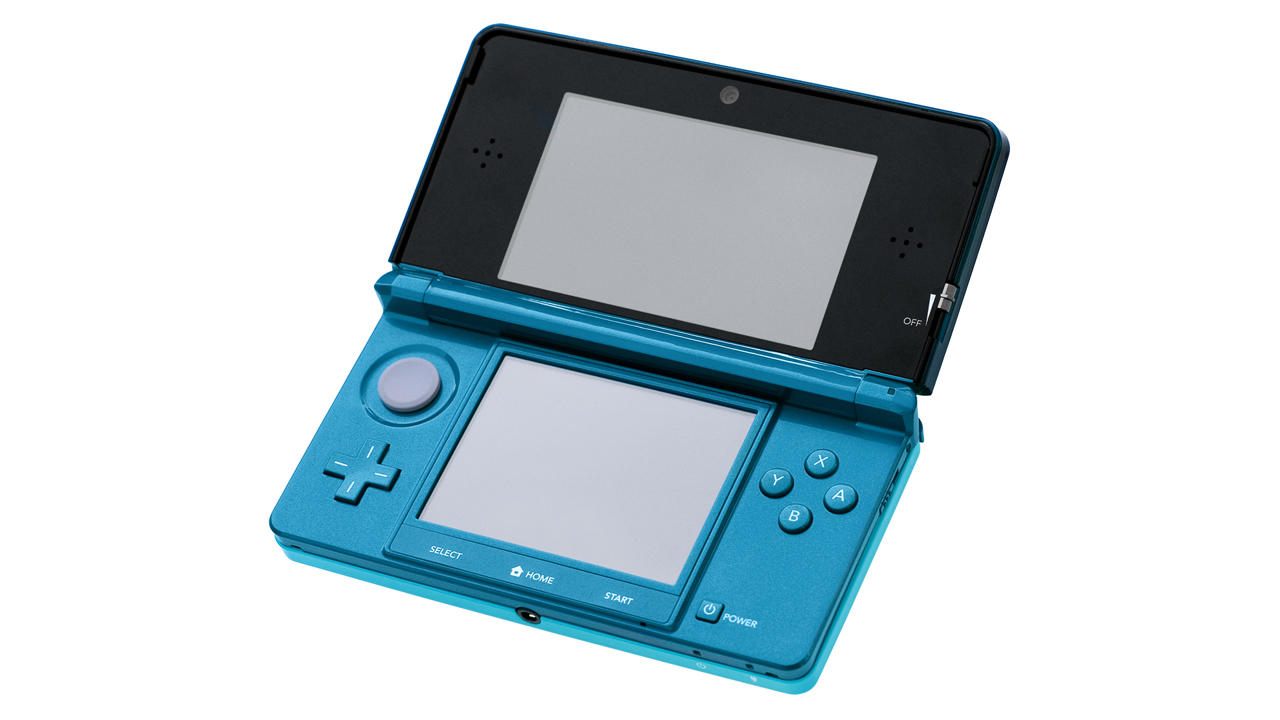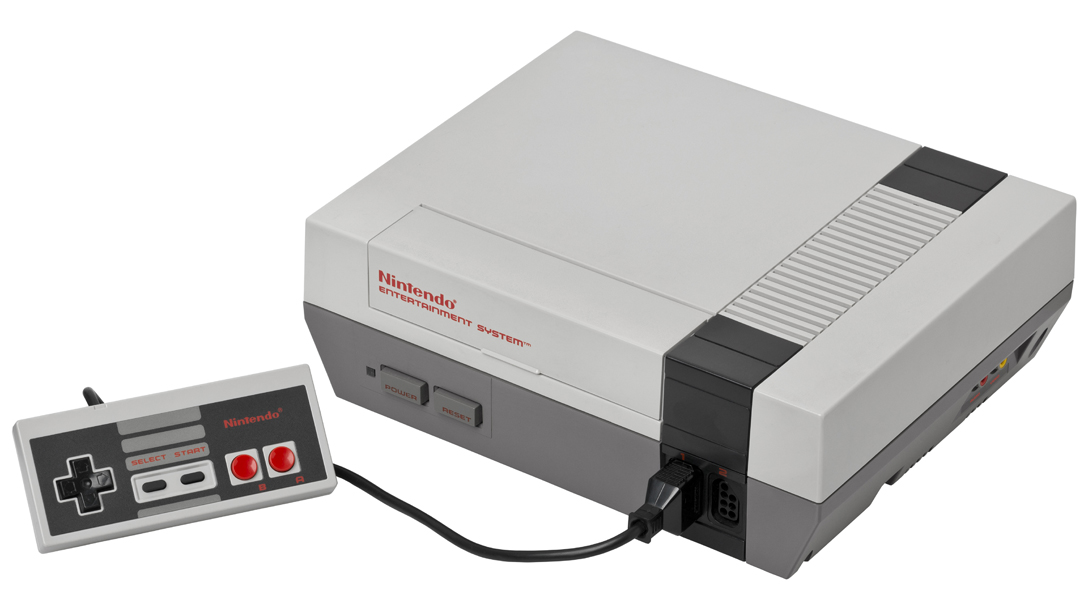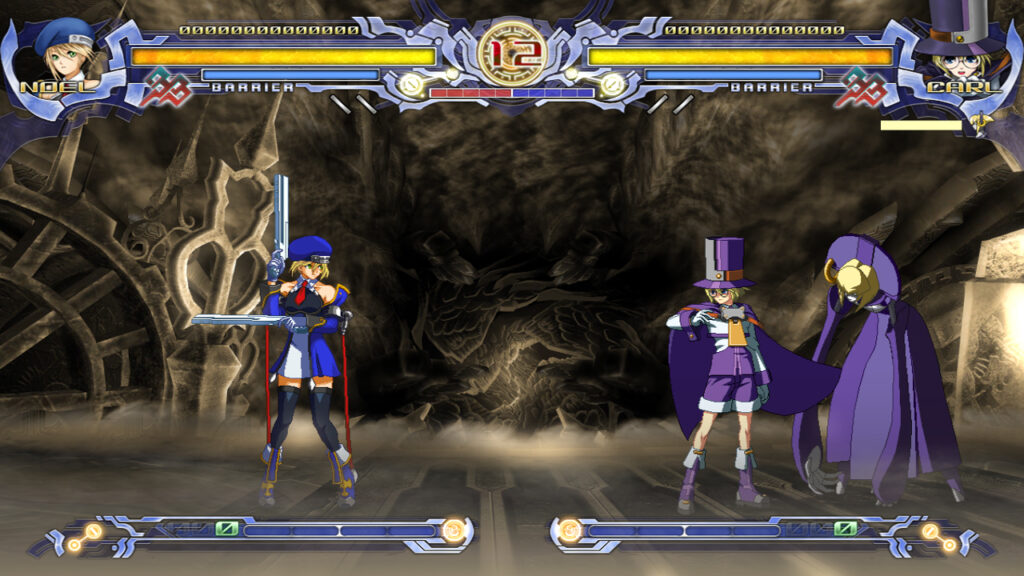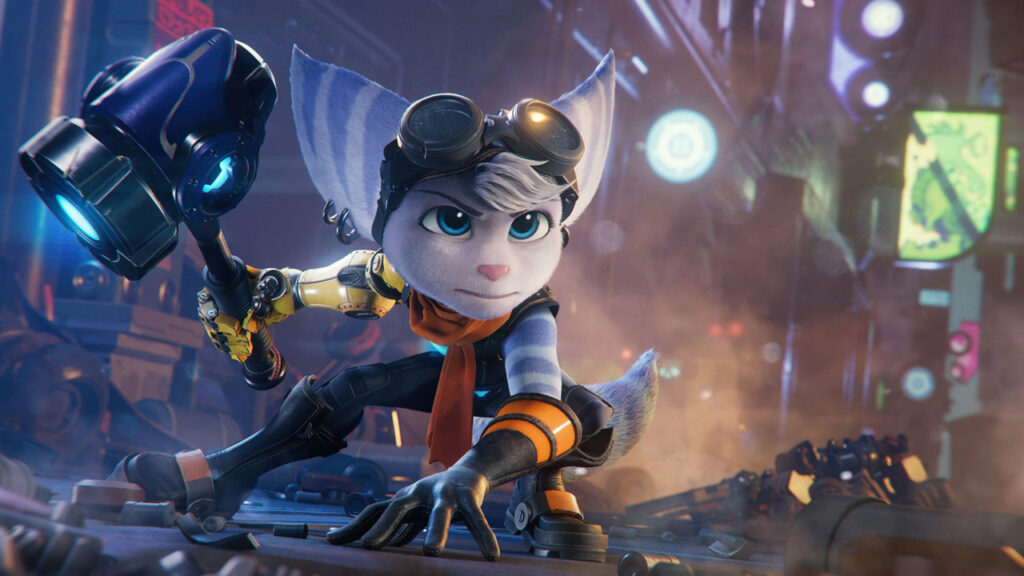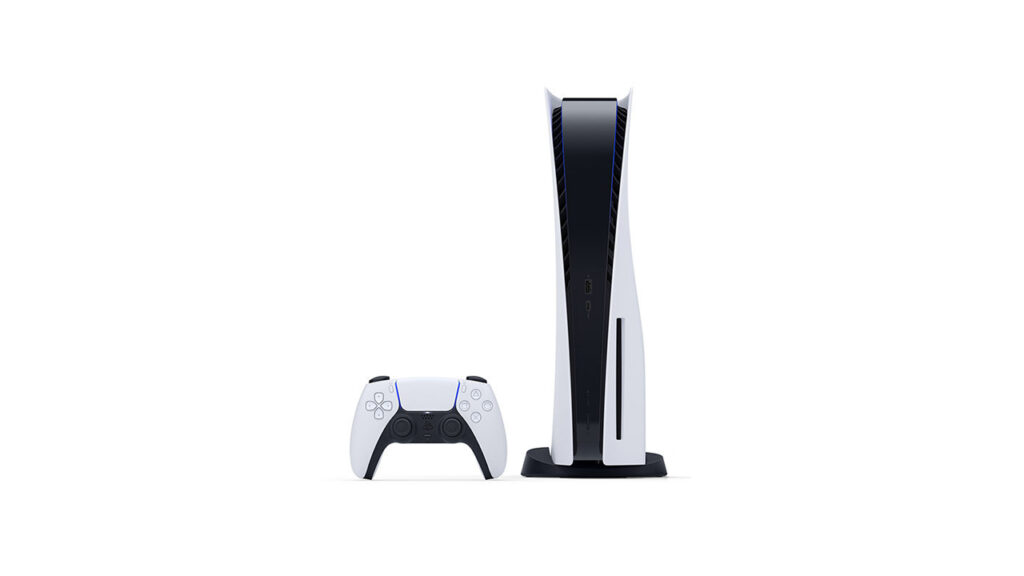After the massive success of Sony's original PlayStation, a follow-up console basically became a foregone conclusion. Rival Sega, which had utterly taken a beating with their ill-fated Saturn console, attempted to correct course with their next gaming system, the Dreamcast; even managing to get a jump on the competition by getting their new hardware to market over a year before anyone else. Sony, still enjoying their considerable lead in the race, was able to take some time in developing a proper successor to the PlayStation, and did ultimately succeed in delivering something truly worthy of following in that formidable console's footsteps.
The PlayStation 2 would officially be unveiled at the Tokyo Game Show on September 20, 1999, merely a week after the release of Sega's Dreamcast. Despite some savvy design decisions, a respectable library of new and upcoming titles, and the Dreamcast's modest early foothold in that generation's console race, it wouldn't be enough. The absolutely massive amount of hype leading up to, and then following, the October 26, 2000 North American launch of Sony's smartly-designed PlayStation 2 console would impact Dreamcast sales to the point that Sega would have to prematurely bring its run to an end, just five months later.
The hype was definitely warranted. In addition to doubling as a budget-friendly DVD player, and being backward-compatible with a massive collection of original PlayStation titles, the PS2 would boast its own substantial library of games - - one of the largest for any console, not only then, but ever. While a collection that large is bound to have at least a few stinkers, it also, of course, contained plenty of top-notch exclusives as well, both temporary, and permanent (at least for that generation). Please read on for a selection of 12 of the finest titles to ever grace the PlayStation 2.

